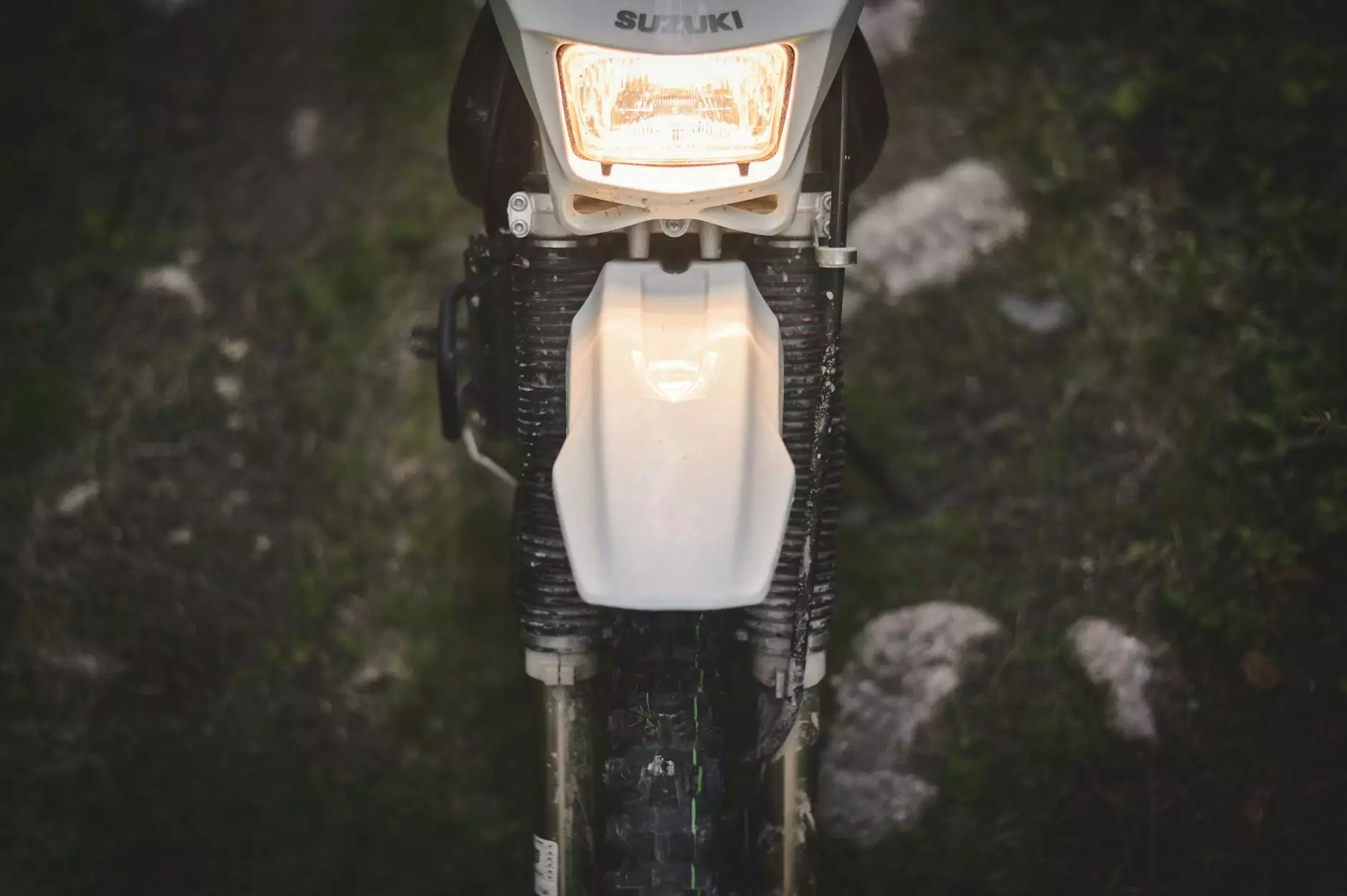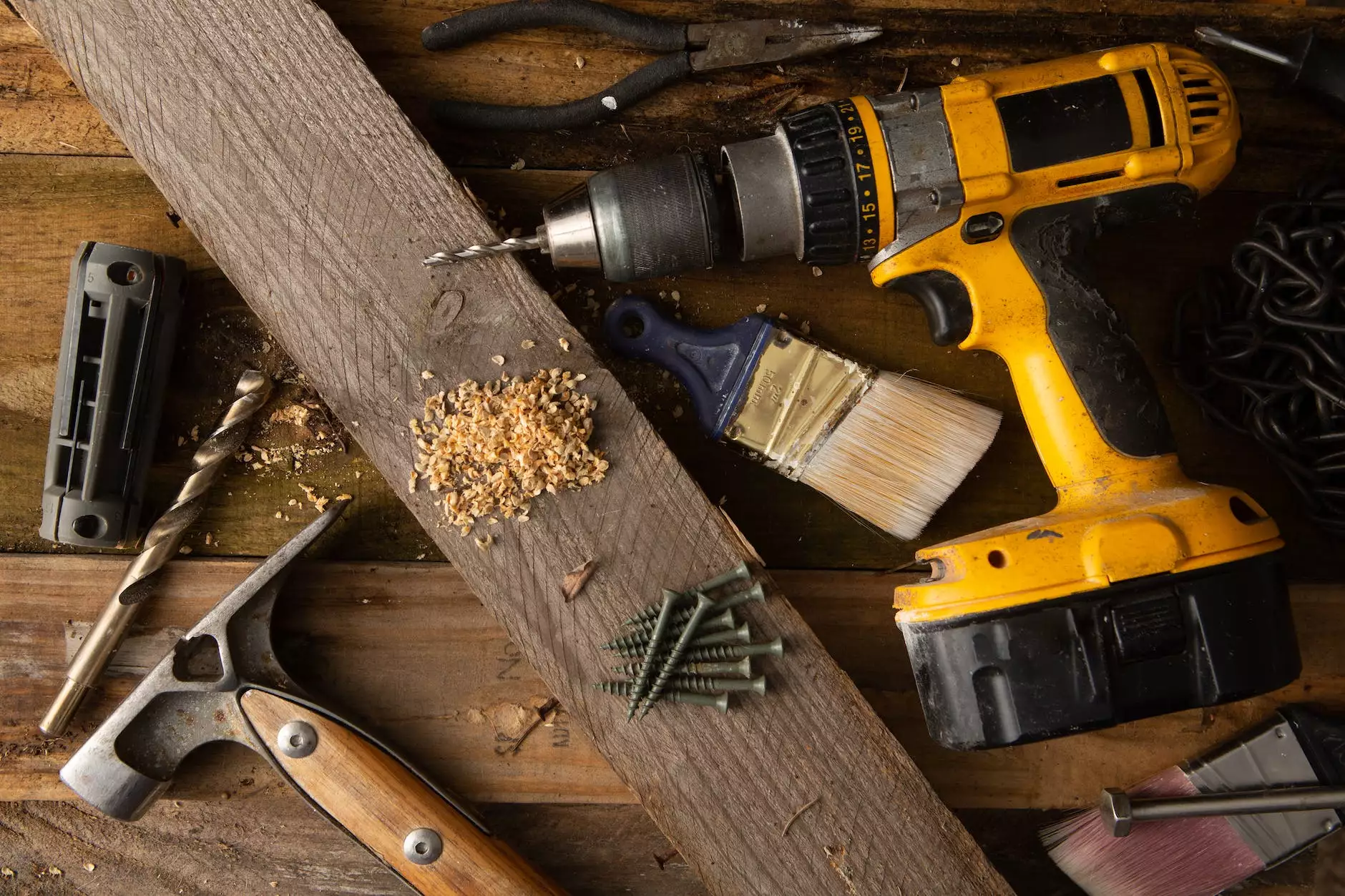The Ultimate Guide to JEEP SUSPENSION: Enhancing Performance and Comfort

The world of off-roading is vast and captivating, with countless enthusiasts dedicated to exploring the great outdoors in their JEEPs. One critical aspect that directly influences the capability of any Jeep, especially in demanding terrains, is its SUSPENSION system. In this comprehensive article, we will delve deep into the intricacies of JEEP SUSPENSION, exploring its significance, types, benefits, and maintenance tips.
Understanding JEEP SUSPENSION: The Basics
At its core, JEEP SUSPENSION refers to the system of springs, shock absorbers, and linkages that connect a vehicle's body to its wheels. This system plays a crucial role in providing a smooth ride, enhancing handling, and maintaining vehicle stability over rough terrain. Understanding the basic components of a suspension system can help you appreciate its importance:
- Springs: Provide support and absorb shocks from the terrain.
- Shock Absorbers: Control the bounce and sway of the vehicle.
- Control Arms: Help to keep the wheels aligned with the vehicle's body.
- Axles: Connect the wheels to the gearbox and allow them to rotate.
The Importance of a Good Suspension System
A well-functioning JEEP SUSPENSION is vital for various reasons:
- Safety: A good suspension enhances vehicle stability, reducing the risk of rollovers.
- Comfort: Smooths out the bumps in the road, leading to a more comfortable ride.
- Performance: Improves handling and responsiveness in various driving conditions.
- Tire Wear: A proper suspension system helps in evenly distributing weight across the tires, minimizing uneven tire wear.
Types of JEEP SUSPENSION Systems
Jeep owners can choose from several types of suspension systems, each with its unique benefits:
1. Leaf Spring Suspension
Commonly used in older Jeep models, leaf spring suspension systems are known for their durability and simplicity. They consist of several layers of flat steel, which provide excellent load-bearing capabilities.
2. Coil Spring Suspension
This type of suspension uses coil springs to provide better ride quality and handling. Coil springs offer superior flexibility and performance, making them ideal for off-road adventures.
3. Air Suspension
Air suspension systems utilize air-filled bags instead of traditional springs. This offers the advantage of adjustable ride height and improved comfort, making them popular in more advanced Jeeps.
4. Long Arm Suspension
Primarily designed for off-road vehicles, long-arm suspension systems provide increased articulation and ground clearance. They enhance the Jeep’s ability to tackle rugged terrains effectively.
How to Choose the Right JEEP SUSPENSION System
Selecting the appropriate JEEP SUSPENSION system involves understanding your driving style, intended use, and budget. Here are some factors to consider:
- Off-Roading Needs: Consider the type of terrain you plan to drive on.
- Ride Comfort: Determine how important ride comfort is compared to off-road capability.
- Budget: High-performance suspension systems can be costly, so assess your finances before making a decision.
- Installation: Consider whether you will perform the installation yourself or hire a professional.
Benefits of Upgrading Your JEEP SUSPENSION
Upgrading your Jeep's suspension can unlock a plethora of benefits:
1. Enhanced Off-Road Capability
With a better suspension system, your Jeep can handle rocky trails, steep inclines, and muddy roads with ease. An upgraded system allows for greater articulation, meaning your Jeep can maintain contact with the ground more effectively.
2. Improved Handling and Control
Upgraded suspensions can significantly improve handling, making it easier to navigate twists and turns. This is especially beneficial for highway driving.
3. Increased Ground Clearance
Raising the height of your Jeep can help prevent undercarriage damage when traversing over obstacles.
4. Better Towing Capacity
A strong suspension system supports heavier loads, improving towing capabilities whether you're hauling trailers or other equipment.
Common Issues with JEEP SUSPENSION
Even the best suspension systems can encounter problems. Here are some common issues to watch for:
- Worn-out Shocks: Signs include excessive bouncing and poor handling.
- Spring Damage: Inspect for sagging or broken springs.
- Alignment Issues: A pulling sensation while driving may indicate misalignment.
Maintenance Tips for JEEP SUSPENSION
Regular maintenance is crucial for keeping your Jeep's SUSPENSION system in top shape. Here are some essential tips:
1. Regular Inspections
Check your suspension components regularly for signs of wear or damage, including shocks, springs, and control arms.
2. Replace Worn Parts
Don't wait for a significant failure to replace worn components; doing so can prevent further damage and improve performance.
3. Keep it Clean
Cleaning your suspension components helps prevent rust and wear. Ensure that mud, debris, and salt are washed off after off-roading adventures.
Conclusion: Investing in Your JEEP SUSPENSION
Your Jeep's SUSPENSION system is essential for both comfort and performance. By understanding the various types, benefits, and maintenance tips, you can make informed decisions about upgrades and repairs. Investing in a high-quality suspension can transform your driving experience, allowing you to tackle any trail with confidence and ease.
Whether you are a seasoned off-roader or a newcomer to the Jeep community, prioritizing suspension performance will enhance your adventures for years to come. Visit offroad-zone.com for more information and expert advice on all your automotive needs.









